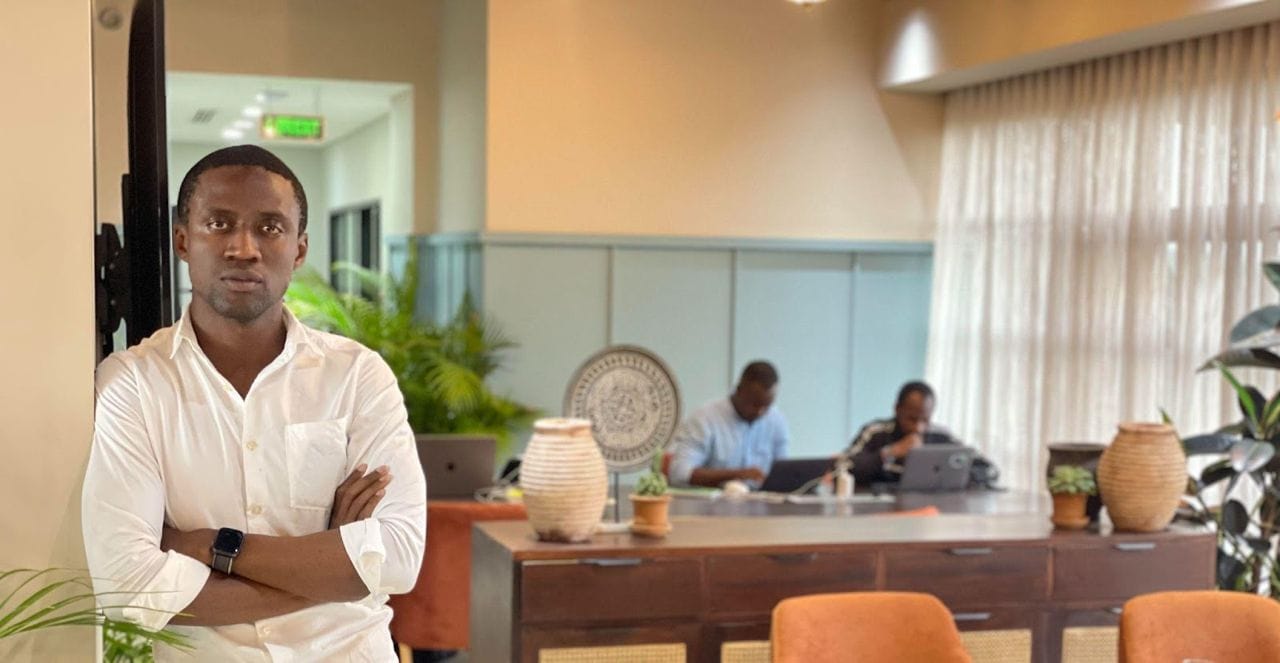Bitcoin Brings Financial Inclusion to Nairobi's Kibera Slum

In the heart of Kibera—Nairobi’s sprawling informal settlement often dubbed Africa’s largest urban slum—a quiet financial revolution is taking shape. In Soweto West, a local neighbourhood, roughly 200 residents are now using bitcoin for everyday purchases, including vegetables sold at roadside stalls.
This unconventional shift is the result of a fintech initiative led by AfriBit Africa, a Nairobi-based company aiming to expand financial inclusion through blockchain technology. By introducing bitcoin as a viable payment option, the company is empowering residents who have historically been excluded from Kenya’s formal banking system.
“For many in Kibera, traditional banking is out of reach. Bitcoin changes that,” says AfriBit Africa co-founder Ronnie Mdawida. “With no need for formal identification or paperwork, individuals can now save, transact, and begin to build financial resilience.”
Bitcoin, created in 2009 as a decentralised digital currency, has long been lauded for its potential to democratise finance. In communities like Kibera, where access to banking infrastructure is severely limited, its benefits are particularly pronounced.
Yet the innovation is not without risk. Experts caution that the volatility of cryptocurrencies and limited regulatory oversight could expose already vulnerable users to losses. Financial literacy is critical if such initiatives are to succeed.
Still, the experiment in Soweto West highlights a growing trend: marginalised communities turning to crypto as a last-mile solution. For many, the digital wallet may be the first step towards true financial participation.
As digital finance continues to evolve, Kenya’s slums might just offer a glimpse into the future of grassroots financial empowerment — one satoshi at a time.
![]()
Emmanuel is the founder and principal of Sarko Partners, a UK-based business development agency bridging opportunities between the UK and key African markets. He has developed his career as a Senior Africa-focused Analyst having held positions in different private investment groups operating in Subsaharan Africa. Emmanuel also holds a position at FurtherMarkets where he manages a number of Business Development initiatives connecting Southern Africa to foreign markets, particularly the UK, the US, and the European Union. Emmanuel was born in Zimbabwe to a Malawian family and grew up in London. He holds an International Economic Law degree from the University of London.










